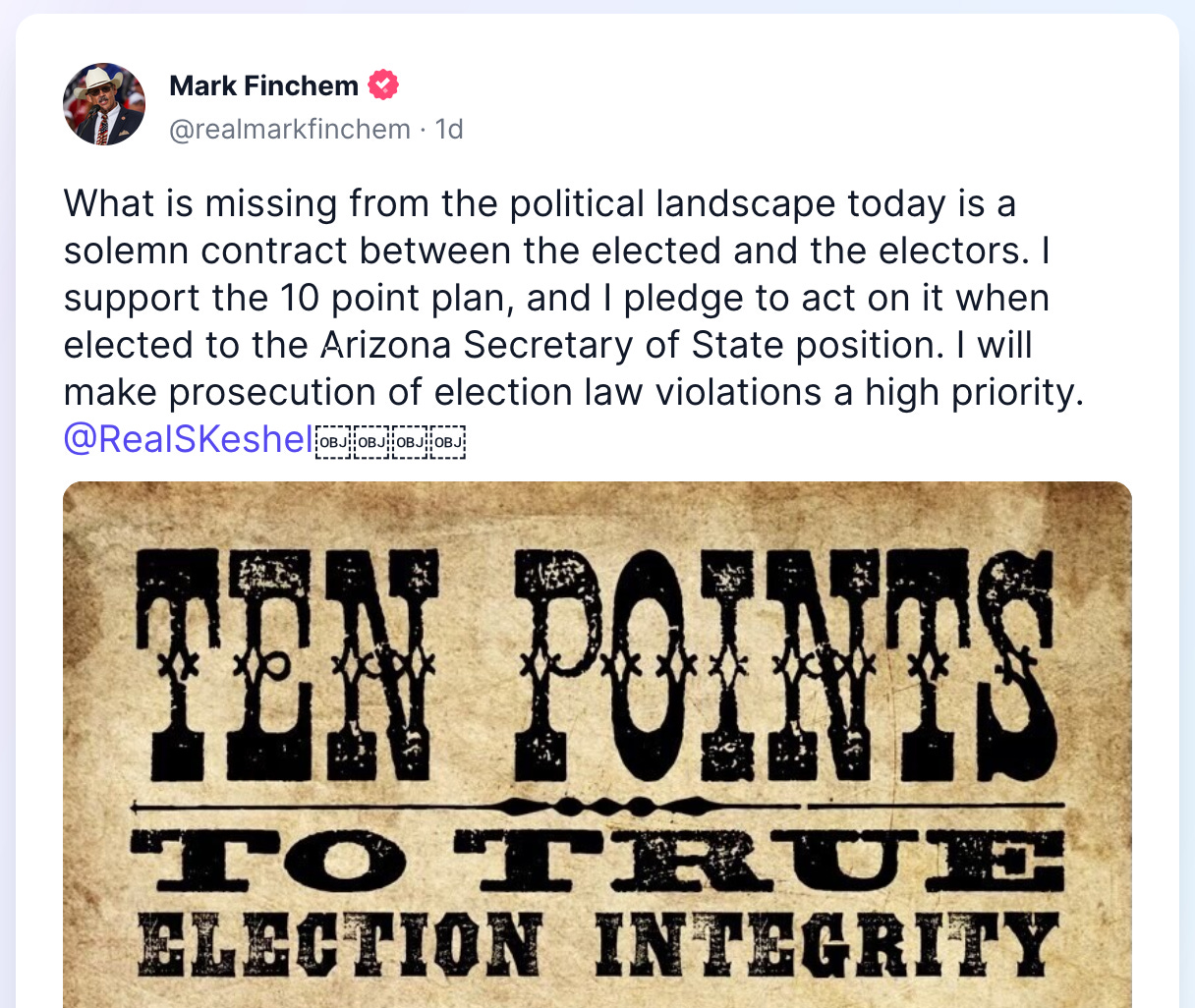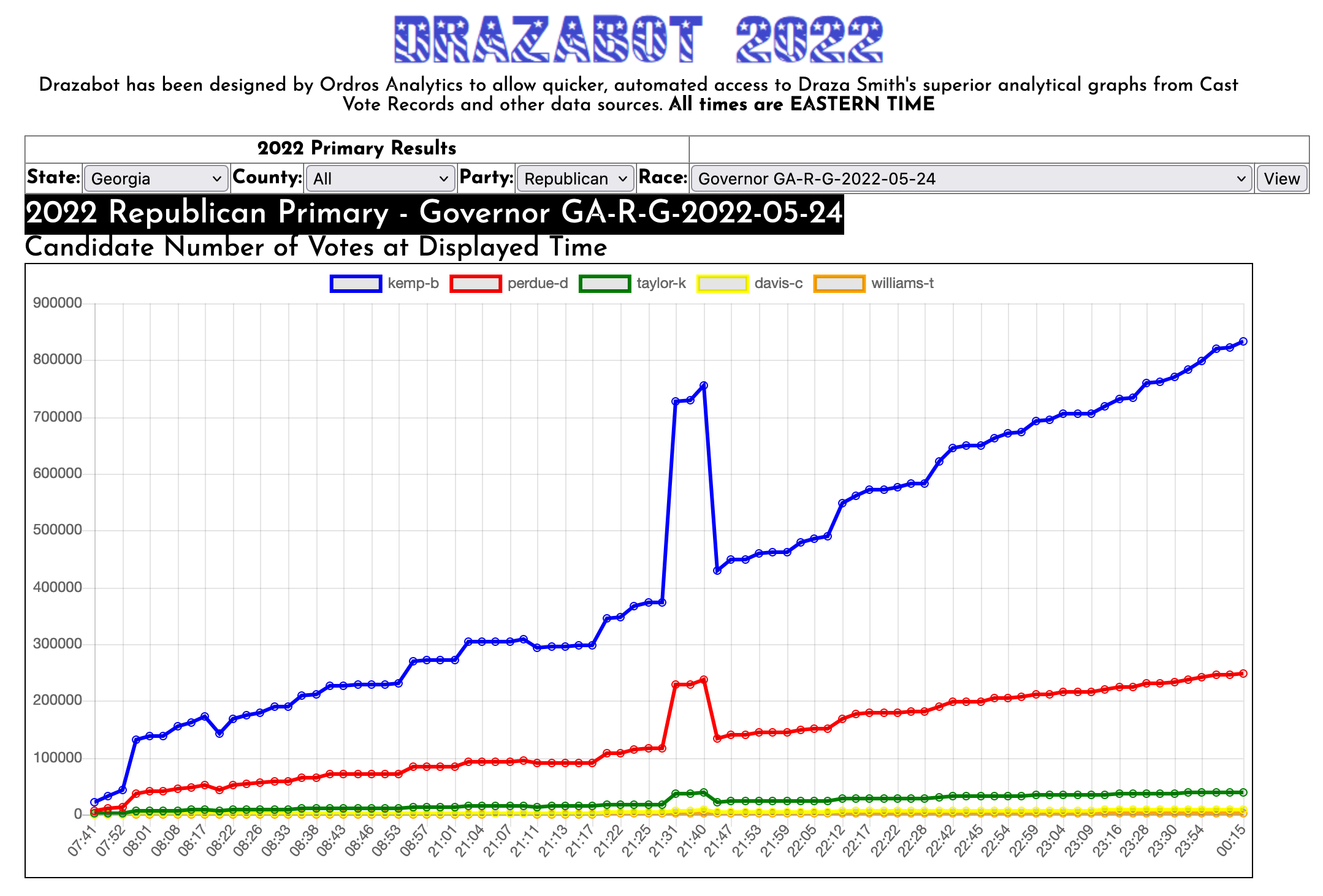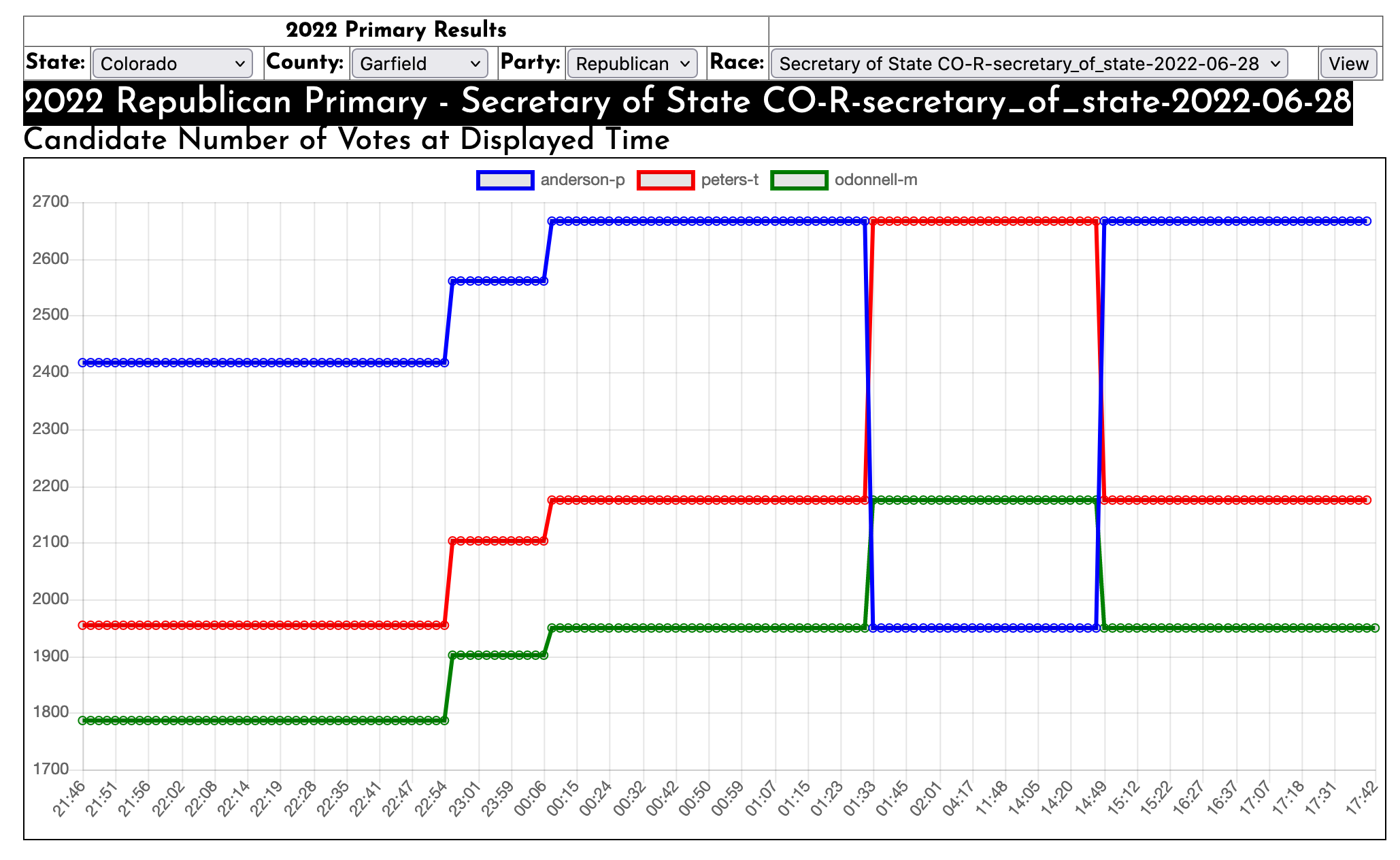Mark Finchem is the First to Pledge to Uphold Keshel's 10 Points of True Election Integrity
Captain Seth Keshel recently announced a project to get elected officials and candidates for public office around the country committed to 10 Points toward true election integrity.
Here are the Ten Points to True Election Integrity:
I. Clean Out the Voter Rolls
II. Ban All Electronic Elections Equipment
III. Voter ID with Paper Ballots Only
IV. Ban Mail-In Voting*
V. Ban Early Voting*
VI. Drastically Smaller Precincts*
VII. Ban Ballot Harvesting
VIII. Election Day is a Holiday
IX. New Reporting Requirements for Transparency
X. Heavy Prison Sentences for All Who Commit Fraud
Review these points. Scrutinize them. If you have things to contribute to any that will bring about improvement, they can be sent to me at skeshel@protonmail.com. Many brilliant minds helped craft these points.
Mark Finchem, Secretary of State candidate in Arizona was the first to sign on, but he wasn’t the only one.

Why are candidates making a pledge to these changes?
This step towards alignment of America First candidates nationwide comes amidst primary election season across the country.
Some of the results of primary elections are raising questions.
Already on May 24, many Georgians were perplexed when popular grassroots gubernatorial candidate Kandiss Taylor, with 60,000 volunteers, somehow only managed to garner 41,000 votes.
See the below graph from Jeffrey O’Donnell aka The Lone Raccoon, found on this website (there you may also view all 2022 primary election results) produced from election night reporting such as Edison Research.

The shape and proportions of the Georgia graph or others on the site suggest machine manipulation, although they do not necessarily prove it. Reviewing a cast vote record (CVR) from a particular precinct or county would allow for verification, should county election officials opt to provide them.
The Georgia results left some wondering if perhaps the machines didn’t like Taylor, who had been outspoken about electronic voting machines—on February 20, 2022 she said:
I will terminate the use of all voting machines in Georgia, we'll go back to counting votes by hand.
Last night’s Colorado Secretary of State race, featuring Tina Peters, the Mesa County Clerk and Recorder who saved a backup of the Dominion Voting Systems (DVS) Election Management System (EMS) server before a Dominion “Trusted Build”, which eventually produced this revealing report—which proved database manipulation—lost her race despite polling as a heavy favorite.
In Garfield Couty, Colorado, around 1 a.m in the morning, votes appeared to “drift” from one candidate to another.
What could explain such a “vote drift”?

Graphs like this are only the beginning of the search for truth.
It is great to see how quickly analysts are able to visualize the data from reported results for regular folks like you and me to view for ourselves.
With the 2020 election still weighing heavily on the minds of many according to Rasmussen polls, the 2022 elections are deservedly receiving even more scrutiny.
Primary election season is only just beginning.
For continuing updates, please continue to enjoy your free subscription, which will remain free forever.
However if you’d like to support this work, monthly or yearly paid subscription options are available.
Member discussion